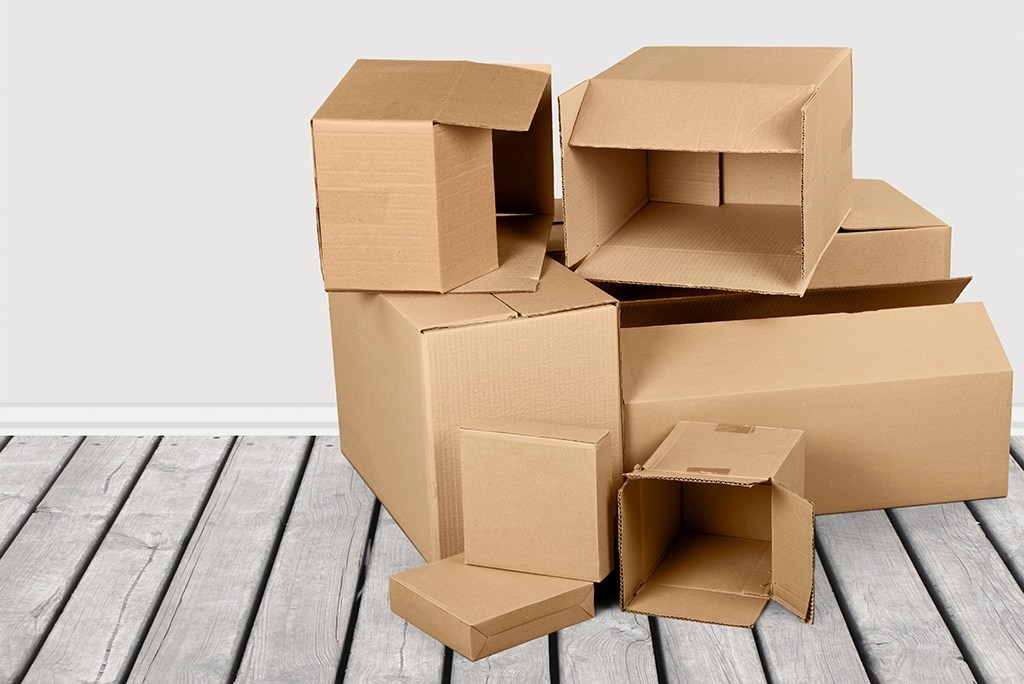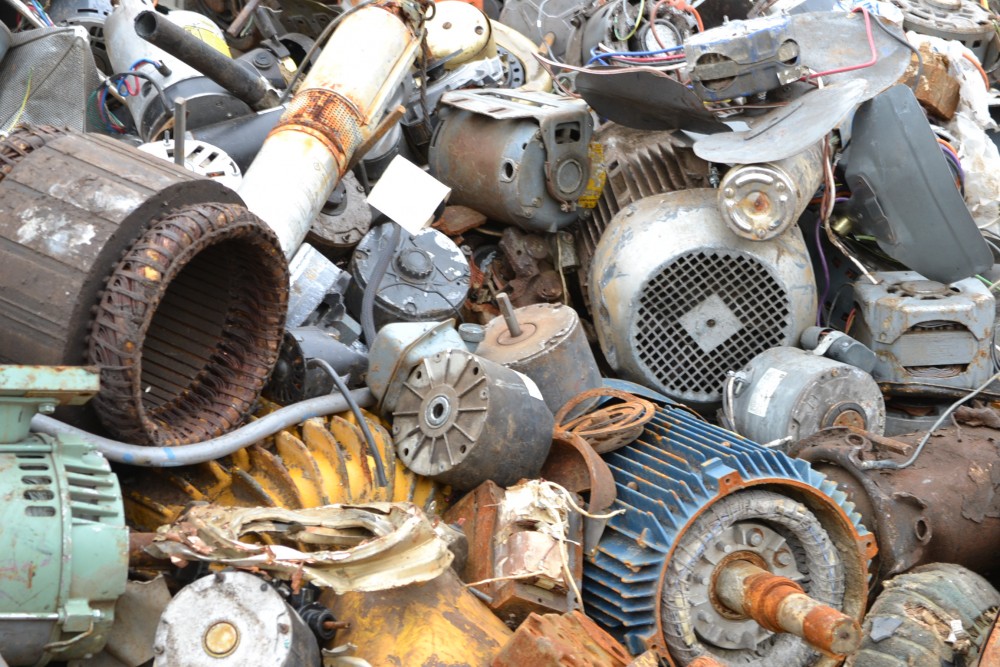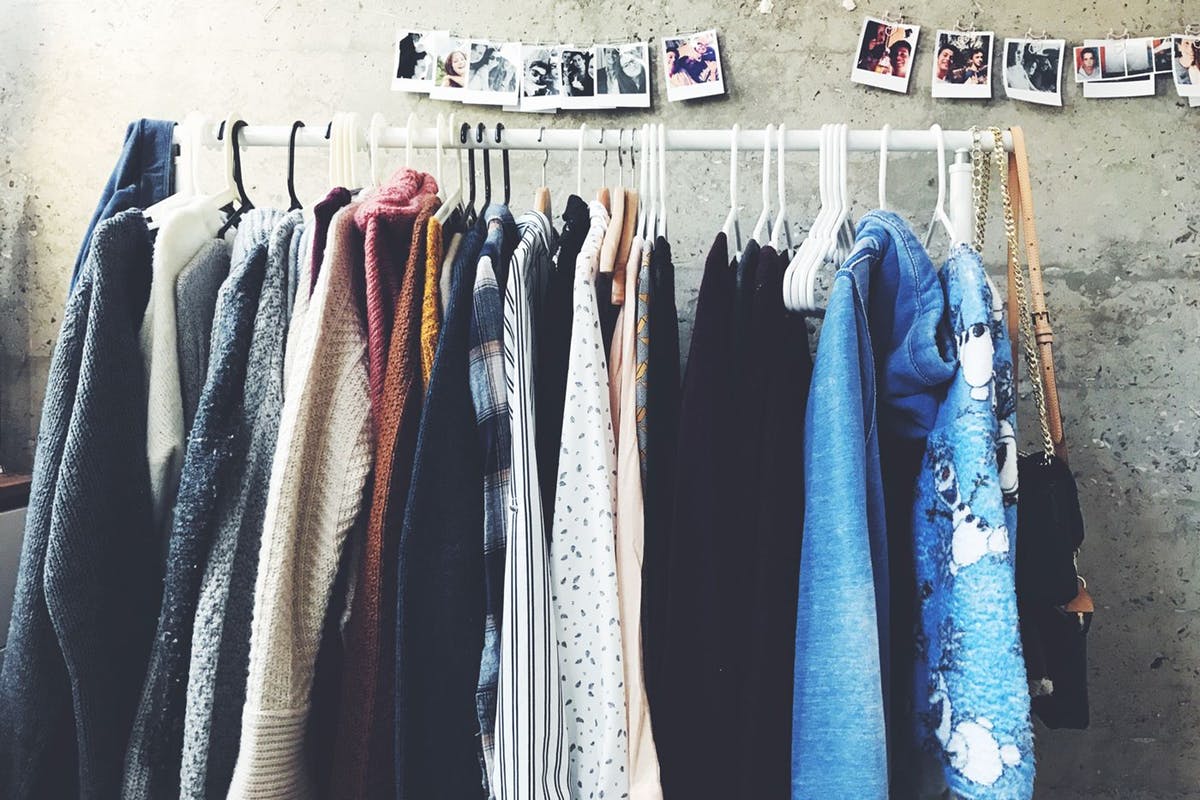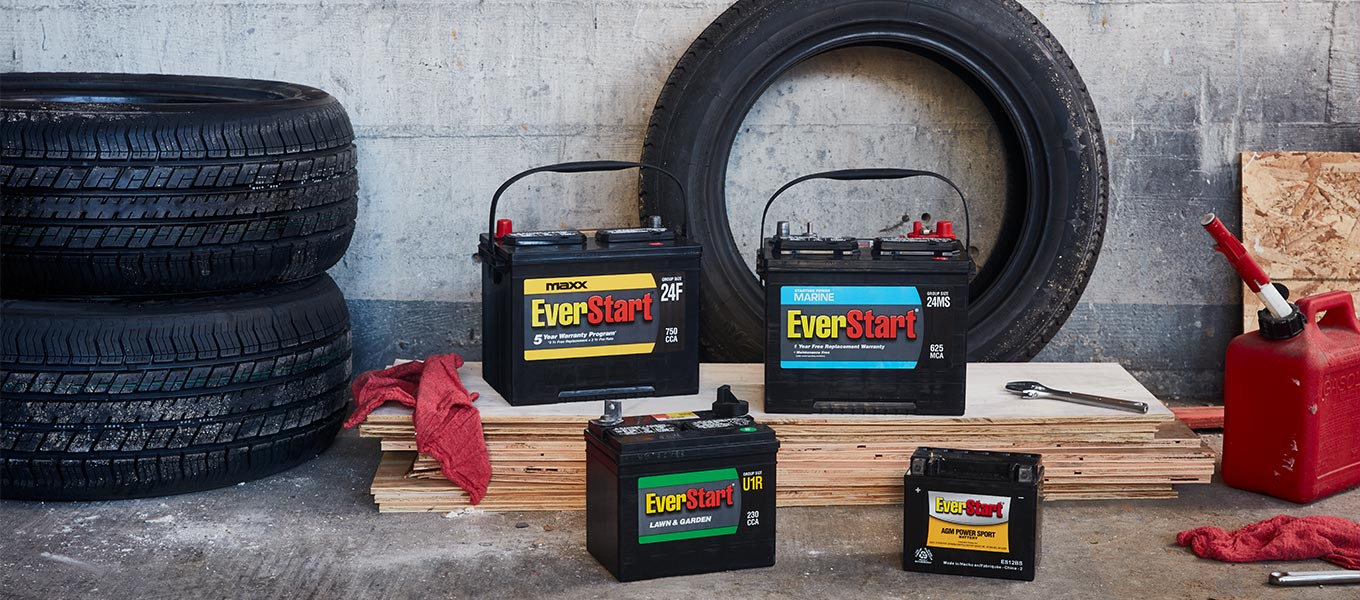There are no words to explain how much good recyclings does to the planet. It helps reduce the use of natural resources, keeps the trash from ending up in the oceans, or on land, as well as saving energy. To encourage people to recycle, there are numerous programs developed by both profit and non-profit organizations. But did you know that, besides knowing you did something good for the planet, recycling can also bring you some extra cash? Below are 7 ways you can turn your trash into cash and reward yourself for your good deed.
Cardboard
You have probably received countless amounts of cardboard boxes in your mail by now. Sure, some of them are good for storage and it is even encouraged to do so, but cardboard is not exactly the most durable material and cardboard boxes have quite a limited lifespan. After boxes are too damaged to be reused, you can take them to recycling centers to be turned into new products.

In Canada, for example. Almost 80% of cardboard gets recycled and turned into new cardboard boxes, as well as other brown paper products, such as bags or paper towels. With a simple search online, you can find dozens of recycling centers that will pay for your used cardboard either with cash or coupons that you can use in grocery stores.
Keep in mind that, in order for the cardboard to be accepted by recycling centers, it has to be dry and free of grease or food stains.
Scrap Metal
Metal is runner up for the most recycled material in the world, after concrete, so there is no wonder there are so many places that handle scrap metal recycling. Scrap metal lays almost everywhere in your home, from old pans in the back of your kitchen cabinets, to electronics who have copper wiring. The most recycled metals are aluminum, iron, copper and brass, all of which you can find around your house.
Iron, for example, is amongst the most recycled metal, as it can be found very often around the house. From pipes to old radiators, iron pans and appliances, if you do a thorough house cleaning, you will end up collecting quite a large amount of iron. Apart from iron, you can also collect aluminum, the kind of scrap metal. From cans to electronics, window frames and appliances, aluminum is everywhere. Copper and brass are more likely to be found in industrial sites, as they are mostly used for pipes, plumbing and other industrial purposes, but it can also be found in wires, cables and lighting fixtures also.

When recycling metal, the best way to maximize your profit is to separate it from home, so the recycling center can just collect and process it.
Electronics
Everybody has used appliances, phones or other electronics laying in the basement or somewhere in a box in the garage. Well, you can recycle those electronics and get some money to replace the with newer, more sustainable ones.
Old electronics do not have the same energy efficiency as new models do, so apart from getting money out of them, you will also be cutting down on electricity costs in the future.
Almost all electronics retailers have a recycling program, which in return for your used products will give you vouchers or discounts for new ones. So, when looking to buy a new fridge, do yourself and the planet a favor and take the old one with you. Chances are, you will be getting a generous discount of at least 10-20% on the new product.
Clothing
There are countless ways you can recycle clothing itemscan be extremely damaging, from retailers who will take your clothes and give you vouchers that you can use to buy yourself a new outfit, to second hand or vintage shops buying your clothes to resell them. Apart from that, you can use online outlets to resell the clothes yourself and make some money out of it.

Go through your closet once in a few months, take out anything you are not wearing anymore and divide them into two sections: clothes that can be worn again, which you can sell as they are, and clothes that can be recycled. Then, look online for places where you can take them and get some money for that new pair of shoes you wanted.
Vehicle Batteries
If you have a car or a motorcycle at home, chances are you have had to replace the battery by now. If you did not already throw it away, you can take it to your local auto shop and get either money or a discount for a new one. Although you may not get more than $15 on a used battery, it is still better that than throwing it away for nothing, right?
If you can’t find an auto part shop near you, junk shops accept batteries as well, although won’t get more than $10 for one. Still, you will get the satisfaction of saving the environment form the hazardous metals and residues found inside the battery, which can be extremely damaging if it gets on the land or in water.

Cooking Oil
Think twice before throwing away the oil you used to fry that bacon earlier this morning. When thrown away in the drains, oil can clog them, or end up in the water and overload the purification plants. Oil can be extremely dangerous to wildlife, if it reaches the water, as well as make various materials unsuited for recycling if thrown in the garbage. Paper, for example, can not be recycled if stained with oil and other food fats.
Various companies have specialized in collecting and recycling cooking oil, which is then refined and used to make soap, biofuel and other oil-based products. In Canada, for example, you can find oil plants that collect cooking oil near Ontario and Quebec, as well as Toronto. They even provide special containers, which you can use to collect and store the oil until recycling.